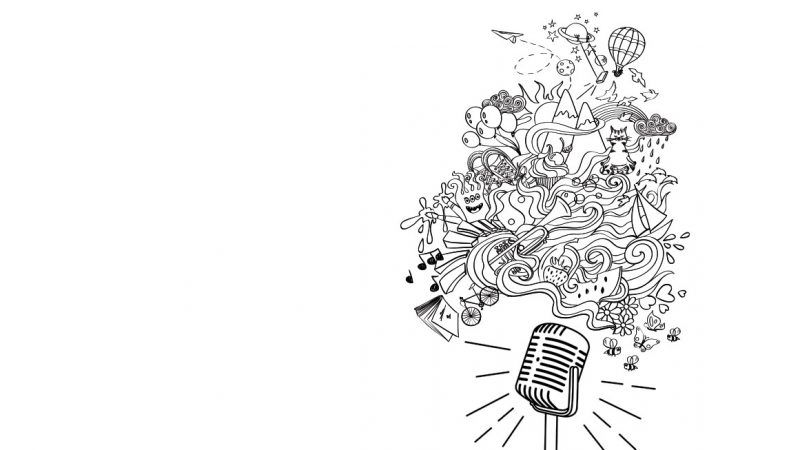The Podcast Revolution

There was a time when a radio program required an actual radio station. Podcasting changed that. It is now possible to transmit a talk show, a documentary, or an audio play without dealing with anyone licensed to broadcast on the AM or FM bands.
Needless to say, this costs a lot less to operate than it did the old way. And with less money on the line, your audience doesn't need to be as big for your show to be profitable—if profits even matter to you in the first place. (There are podcasters who run their programs as a hobby or a community service, even if they aren't getting any subsidies from the Corporation for Public Broadcasting.) The opportunity costs are different, too. Before, your show didn't simply need to turn a profit; it needed to be more profitable than anything else that might occupy your spot on the schedule. Not anymore.
With broadcasters liberated from such costs and constraints, we've seen a flowering of creativity and variety. There is a podcast for every niche, from surreal horror-comedy (Welcome to Night Vale) to the history of country music (Cocaine and Rhinestones).
It took a while to get here. When the term podcasting was coined in 2004, the medium itself was a small niche. In theory, "pod" stood for "personal option digital" (or sometimes "personal on demand"). But the aim was to evoke the iPods that people could use to listen to the programs. Doc Searls made up the acronym because he didn't want to tie the idea too closely to one particular delivery device.
Evidently it worked. We still say podcasting a decade and a half later, even as the iPod market dwindles to nothing. Future generations may well assume that iPods were named after podcasts rather than the other way around.
The medium grew gradually for about a decade, and then it took off sharply: According to Chartable, there are now more than 700,000 podcasts available. The breakthrough hit was Serial, a true-crime spinoff from the public radio show This American Life. It debuted in 2014, a year when Edison Research's annual Infinite Dial report said that 15 percent of the country had listened to at least one podcast in the past month. Since then, the figure has more than doubled to 32 percent.
The Federal Communications Commission spent decades blocking new competition on the radio dial. Some broadcasters tried to undo those barriers in the courts and legislatures; others defied the law and set up pirate transmitters. Podcasters are using a new technology to rout around the broadcast band altogether.
------------
Correction: This article originally misstated who coined the phrase "personal option digital."


Show Comments (35)